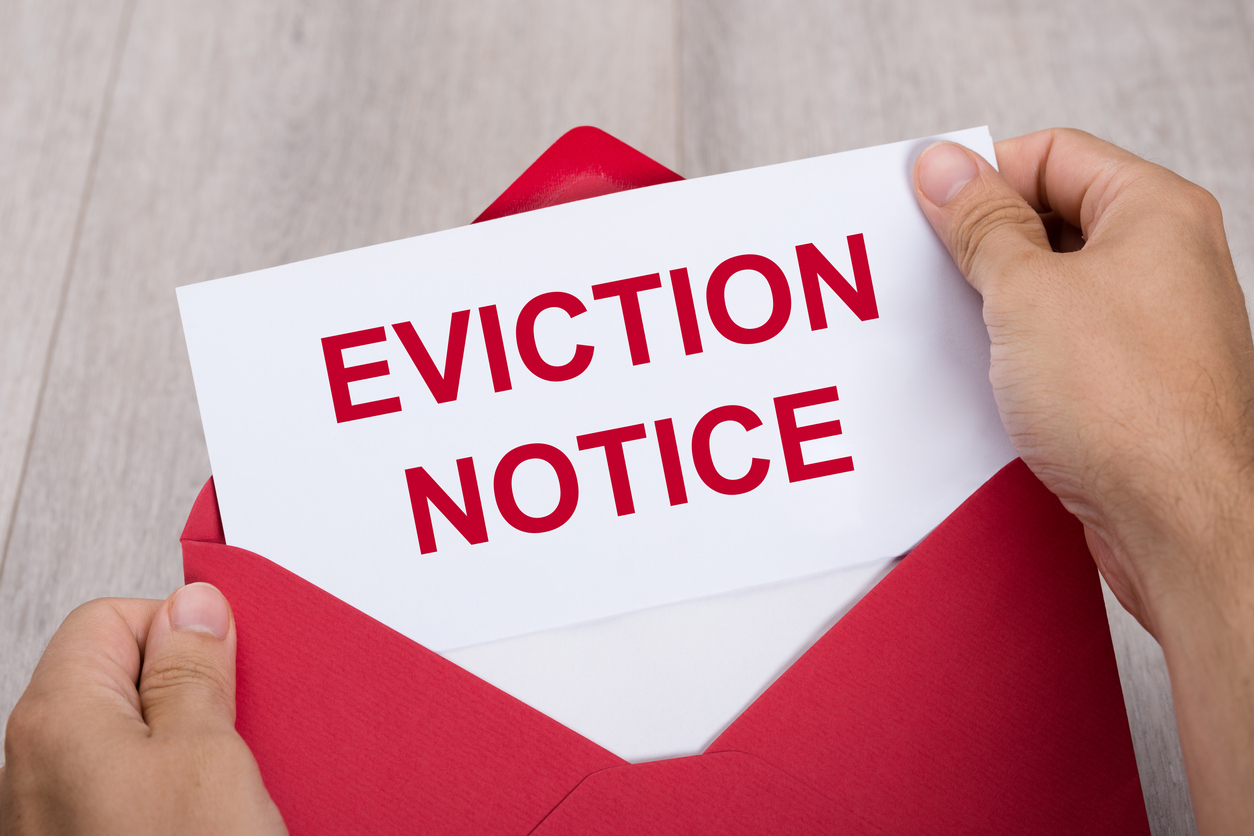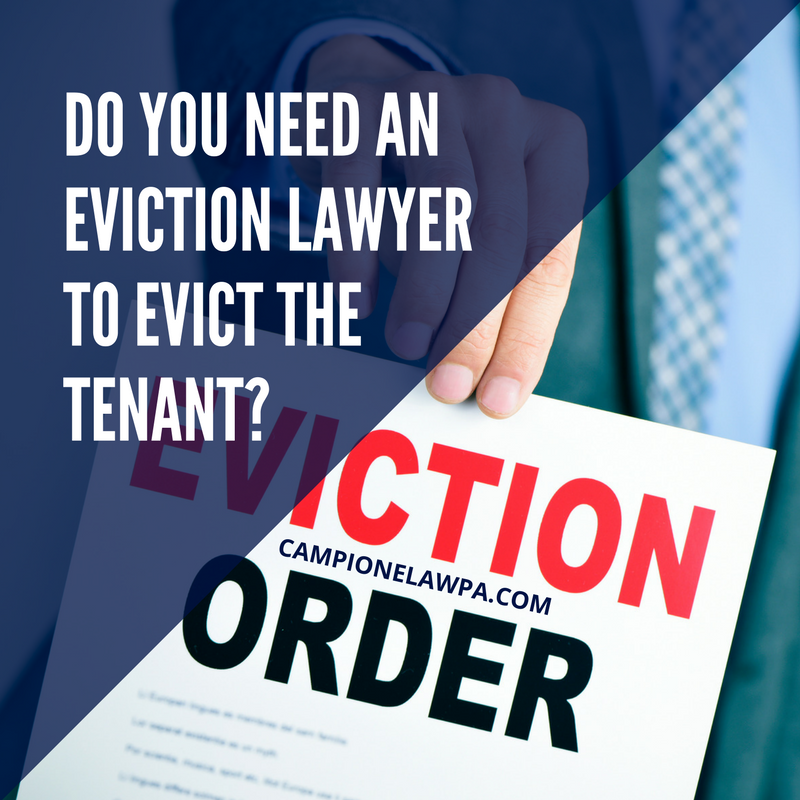The Basics of Eviction Law in Delaware
The Basics of Eviction Law in Delaware
Blog Article
Like a landlord or renter in Delaware, it’s important to get a excellent comprehension of eviction rules. Eviction is a legal method for eliminating a renter from the lease residence, and there are particular regulations in position to shield the two renters and property owners. Within this article, we’ll deal with the basic principles of writ of restitution and solution among the most commonly questioned concerns.

Reasons behind Eviction in Delaware
A property owner can only legally evict a tenant should they have a valid reason, including non-settlement of lease, violating the lease contract deal, or doing prohibited pursuits on the property. In case a landlord would like to evict a tenant without a valid reason, it’s regarded an unlawful eviction. In Delaware, a property owner must supply created observe for the tenant before filing eviction.
Eviction Process in Delaware
The eviction method in Delaware typically begins with a composed discover towards the tenant. In case the tenant falters to conform to the discover, the landlord are able to apply for eviction in the courtroom. The tenant will be given a courtroom summons and also have the possibility to enroll in a hearing to question the eviction. In the event the court regulations in favor of the property owner, a writ of property may be given, along with the nearby sheriff will impose the eviction.
Renter Representation in Court
Renters have the legal right to legitimate representation during an eviction seeing and hearing, and it’s suggested that they look for authorized counsel before participating in. If a renter is not able to afford to pay for legal counsel, they might be able to locate totally free or very low-charge authorized support professional services in Delaware.
Renter Protections in Delaware
Delaware legislation offers certain protections for renters through the eviction approach. For example, a landlord cannot physically take away a renter or their valuables in the property without having a judge order. Tenants likewise have the authority to contest an eviction in court and request more hours to vacate the premises.
Property owner Duties in Eviction Situations
Property owners in Delaware have particular responsibilities in the eviction method. By way of example, they have to offer published discover for the tenant before filing for eviction and cannot affect the tresses or turn off utilities to make the tenant to leave the home. If your property owner violates a tenant’s rights throughout the eviction approach, they might be subject to authorized penalties.

Bottom line:
To conclude, understanding eviction law in Delaware is essential both for property owners and tenants. If you are a landlord, it is important to stick to the authorized procedure for eviction and ensure that you possess a acceptable reason for doing this. Tenants should know about their privileges during the eviction process and might want to search for legal reflection. Having a simple idea of eviction regulation in Delaware, equally landlords and tenants can protect themselves and steer clear of unneeded lawful quarrels. Report this page